Meet our Speakers
We are excited to announce some of the confirmed speakers. The “Peopling History of Africa” Conference brings together a number of outstanding international researchers active in different fields. Click through the list of speakers to see their profiles and session topics.
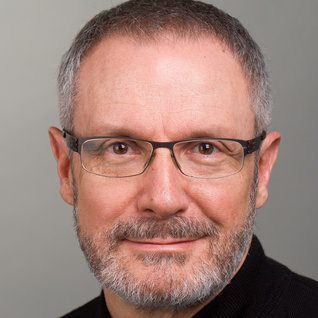
Jean-Jacques Hublin
Max-Planck Institute for Evolutionary Anthropology, Germany | @jjhublin
Professor Jean-Jacques Hublin is the Director of the Department of Human Evolution at the Max Planck Institute for Evolutionary Anthropology, Leipzig. He is an honorary Professor at the University of Leipzig and a part-time Professor at Leiden University. He holds the International Chair in Paleoanthropology at the College de France, Paris. He has been a pioneer in the field of virtual paleoanthropology. The origins of Neandertals and Homo sapiens, and most notably, the interactions between the two groups have occupied a central place in his career. He is the founder and President of the European Society for the Study of Human Evolution.
Conference : Thursday 6 June at 0920
Abstract : “Homo sapiens origins: the fossil evidence”
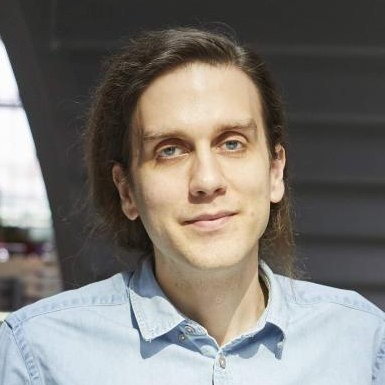
Pontus Skoglund
Francis Crick Institute, London, UK | @pontus_skoglund
Pontus Skoglund is the group leader of the Francis Crick Institute's Ancient Genomics laboratory. Originally from Sweden, he obtained his PhD in evolutionary genetics from Uppsala University in 2013, and thereafter did his postdoctoral research in David Reich's laboratory at Harvard Medical School's Department of Genetics in London. His research focuses on pioneering methods for whole-genome approaches to ancient DNA, with the goal of understanding worldwide human population history and evolution.
Conference : Thursday 6 June at 1400
Abstract : “Ancient genomics and early modern human population lineages in Africa”
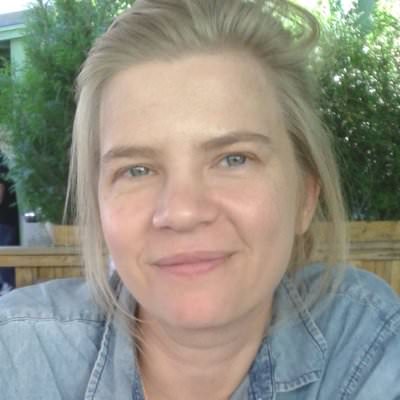
Carina Schlebusch
Uppsala University, Sweden | @cschlebu
Carina Schlebusch is Associate Professor in Human Evolution at the Department of Organismal Biology - Uppsala University (Sweden). She is the head of a research group that investigates human evolutionary history with a focus on Africa. She received Swedish Research Council and European Research Council starting grants for projects investigating African history from a genetic perspective. Carina was born in South Africa and completed her PhD under the supervision of Prof. Himla Soodyall at the University of the Witwatersrand, Johannesburg. Her thesis dealt with the history of southern African population groups and specifically with the population genetics of San and Khoekhoe groups. In 2009, she moved to Uppsala University, where she completed a Wenner Gren fellowship postdoc. After her postdoc, she continued her research at Uppsala University and started her own research group. The Schlebusch group uses genetic research as a tool to investigate African population history and migrations of people within the African continent.
Conference : Thursday 6 June at 1440
Abstract : “Southern African population diversity and the evolution of modern humans”

Francesco Montinaro
University of Oxford, UK | @FranceCardil
Francesco Montinaro is a Post-Doc Researcher at the Institute of Genomics of the University of Tartu, Estonia. He obtained his PhD form the Cattolica University of Rome, working on the genetic history of human populations. During this time he visited the University of Oxford where he investigated the admixture history and migration patterns of populations of Southern Africa, exploring the late stages of the diffusion of Bantu-speaking populations in the continent. Subsequently, as a PostDoc of at the department of Zoology of the University of Oxford, he investigated the genetic structure and demographic history of “Khoe-San” populations using genome wide data, with a particular interest in the relationship between cultural transitions and genetic affinities of populations. He is currently extending this approach at a continental scale using genome-wide data from several populations across Africa, and evaluating the impact of African contributions to groups in the Americas.
Conference : Thursday 6 June at 1520
Abstract : “Patterns of migration and admixture in sub-Saharan Africa and their contribution to populations of the Americas”
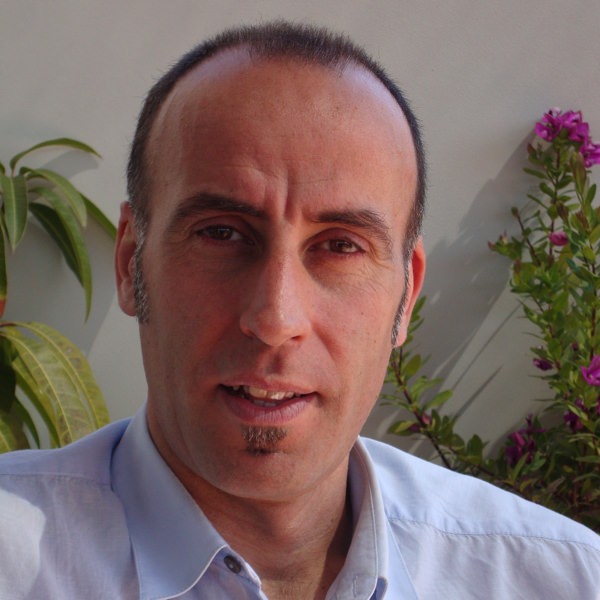
David Comas
University Pompeu Fabra, Barcelona, Spain
Head of the Human Genome Diversity Group at the Universitat Pompeu Fabra (UPF) in Barcelona and Director of the Department of Experimental and Health Sciences (CEXS) at the UPF since 2016. He obtained his PhD in Biology at the University of Barcelona. After predoctoral and postdoctoral stays at the Zoologisches Institut (LMU, Munich), the Anthony Nolan Trust-Royal Free Hospital (London), and the Department of Forensic Medicine (University of Helsinki), studying human population genetics, he established his group at the CEXS-UPF. He is now full professor at the UPF, member of the Institut de Biologia Evolutiva (CSIC-UPF), from which he was the vice-Director (2014-2016). His research is focused on the analysis of the genome diversity in human populations in order to define and quantify the processes that have modeled the present genomic variation in humans. His research has also been focused on the phenotypic consequences, including disease, of the present variation in humans.
Conference : Thursday 6 June at 1630
Abstract : “Genetic landscape of North Africa”
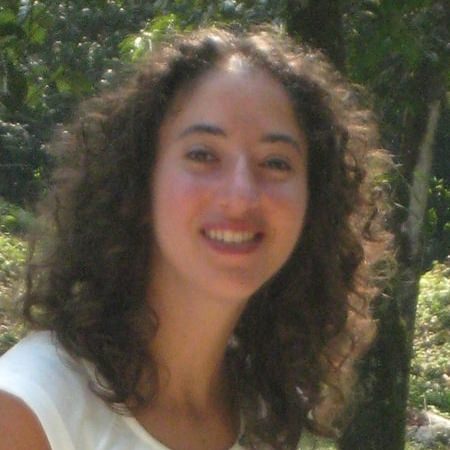
Audrey Sabbagh
University Paris-Descartes, France
Audrey Sabbagh holds a faculty position as Associate Professor at Paris Descartes University and leads the "Host genetic adaptation" team in the UMR 216 IRD MERIT research unit. She has devoted much of her research interests to the analysis of human genetic variation both from an epidemiological and evolutionary perspective and in terms of disease susceptibility and drug response. She authored 63 research articles in peer-reviewed journals. In 2018 she was nominated as Junior Member of the IUF (Institut Universitaire de France). She is the principal investigator of the multidisciplinary research project BAObAB (Biocultural AdaptatiOn to malaria in Atakora, north Benin) which aims to identify the biological and cultural factors underlying the relative resistance to malaria of the Fulani people.
Conference : Friday 7 June at 1050
Abstract : “Genetic adaptations to infectious diseases in Africa”
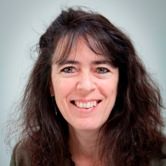
Alicia Sanchez-Mazas
University of Geneva, Switzerland
Professor Alicia Sanchez-Mazas conducts research projects on human populations’ genetic diversity in relation to the peopling history of modern humans worldwide, with a main focus on the genes of the major histocompatibility complex, HLA. During the last years, she extended her research interests to the molecular evolution of these genes in relation to environmental factors and human diseases. She published key papers on African populations' genetic history and co-edited two books (Routledge) on the peopling of East Asia and one special volume (Human Heredity) on the genetic diversity of European populations.
Conference : Friday 7 June at 1050
Abstract : “Genetic adaptations to infectious diseases in Africa”
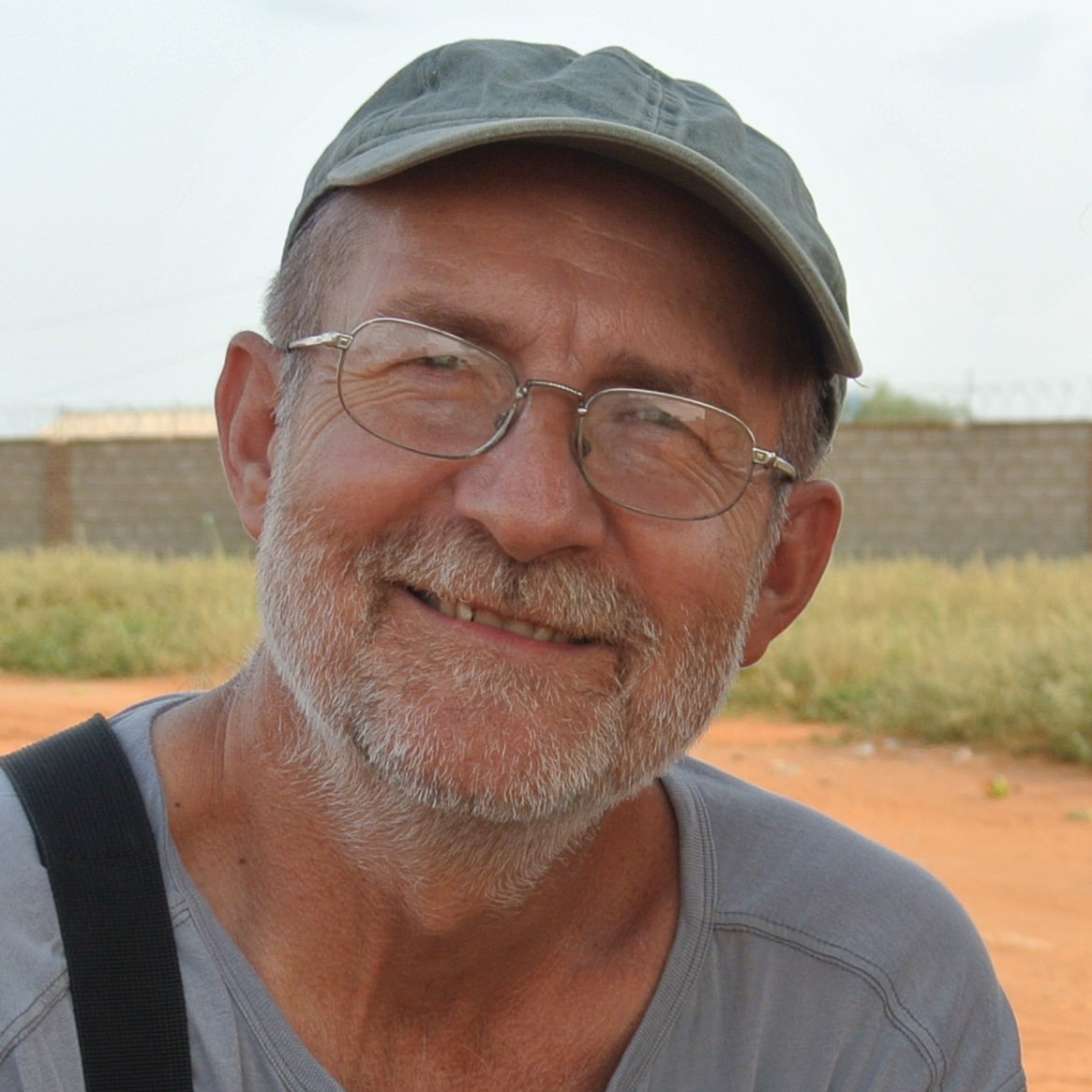
Viktor Cerny
Charles University, Prague, Czech Republic
Viktor Černý is senior researcher at the Institute of Archaeology in Prague, Academy of Science of the Czech Republic. His interests lie mainly in the genetic structure of sub-Saharan African populations, the first human settlements of Eurasia, the impacts of subsistence strategies on the genetic profile of human populations as evidenced through the contemporary genetic diversity. He is the author or co-author of some seventy papers in specialised journals in anthropology and archaeology, including international journals in the field of human population genetics. His works show that interdisciplinary collaboration between humanities (archaeology, ethnography, linguistic) and biomedical sciences (genetics, physical anthropology) can bring new insights into our past and present.
Conference : Friday 7 June at 1130
Abstract : “Herders and farmers in the African Sahel : genetic imprints of adaptations linked to lifestyle”
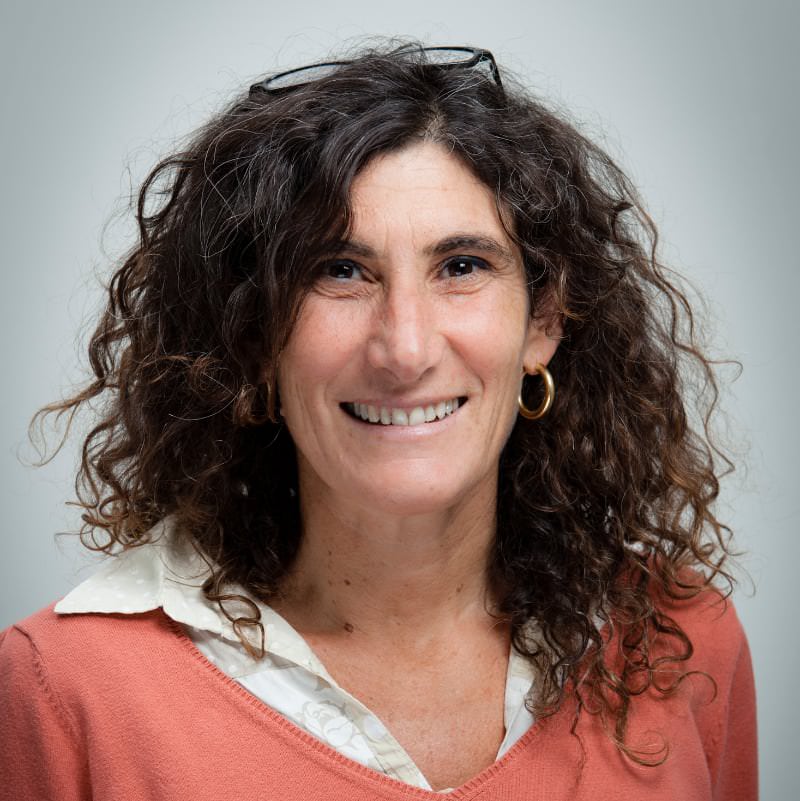
Estella Poloni
University of Geneva, Switzerland
The evolution of genetic and genomic diversity in human populations, and its relation to the history of migrations and cultural differentiations – such as the history of languages or the adoption of new subsistence strategies – are Dr Estella Poloni’s central research interests. She investigates such evolutionary imprints in genes involved in interactions between the organism and its chemical and dietary environment, which are potential targets of selective pressures. Such studies involve analyses of diversity patterns in samples of human populations and other primate species, of which the chimpanzees, and include GWAS of pharmacogenetic traits.
Conference : Friday 7 June at 1130
Abstract : “Herders and farmers in the African Sahel : genetic imprints of adaptations linked to lifestyle”
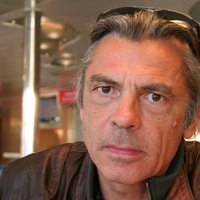
Philip van Peer
University of Louvain, Belgium | @philipvanpeer
Philip Van Peer is head of the Prehistoric Archaeology research group at the University of Leuven, Belgium. Throughout his career he has taken an interest in Palaeolithic hunting and gathering populations in both northern Africa and western Europe. His PhD (1988) was on variation in technological systems of the Middle Palaeolithic. Later on, as a postdoctoral research fellow of the Fund for Scientific Research-Flanders and since 2003 as full Professor of Prehistory at University of Leuven, his focus shifted to the economies in which such systems were deployed. This line of research was fed by fieldwork in the Lower Nile Valley and in the Red Sea Mountains of Egypt, in the context of the Belgian Middle Egypt Prehistoric Project. In northern Sudan he has led the excavation of early Middle Stone Age site 8-B-11, as a partner in an international project promoted by Université de Lille III.
Conference : Thursday 6 June at 1110
Abstract : “Early modern human dispersals out of Africa: a critical evaluation of the archaeological record of Northeast Africa and Southwest Asia”
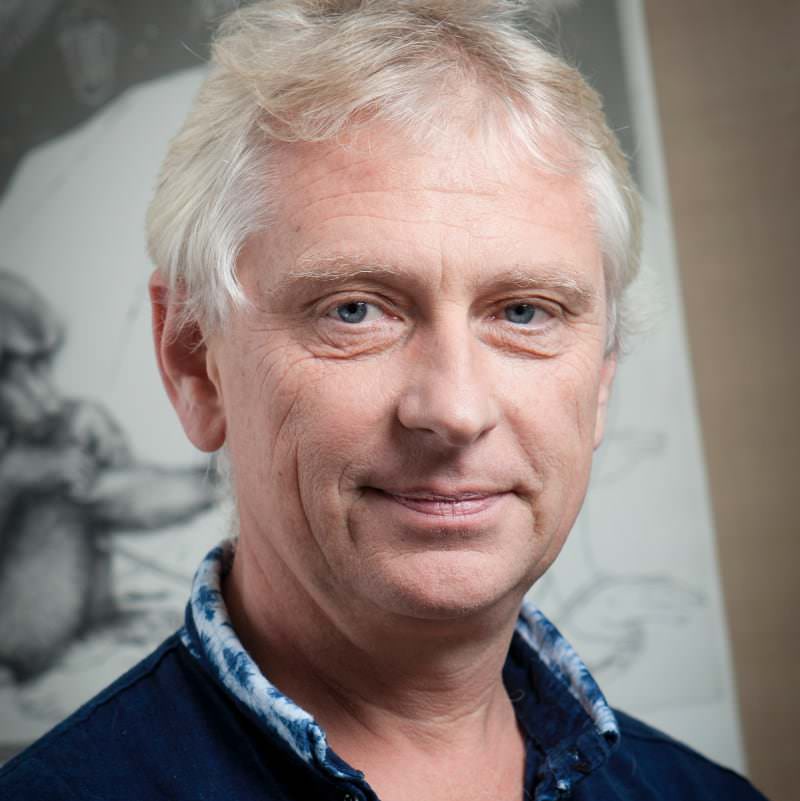
Eric Huysecom
University of Geneva, Switzerland
Eric Huysecom is Professor of African Archaeology and Anthropology at the University of Geneva (UniGE) and Special Advisor to the Rectorate for Africa. His scientific research has focused in particular on the Prehistory of sub-Saharan Africa with a special insight on the emergence of the Neolithic in Africa and the processes of neolithisation, as well as on different fields of historical archaeology like the archaeology of the pre-colonial European settlements in the heart of the continent. Since 1997, he has been coordinating the International and Interdisciplinary Research Programme « Human Population and Paleoenvironment in Africa », that includes a major component devoted to Palaeolithic industries.
Conference : Thursday 6 June at 1150
Abstract : “Towards an understanding of West-African peopling dynamics : material culture and environment”
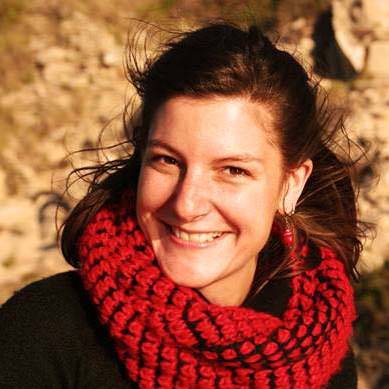
Katja Douze
University of Geneva, Switzerland
Dr Katja Douze’s research aims unveiling past behaviors, and their changes over time, based on lithic industries from the African Palaeolithic. She work more specifically on the Middle Stone Age period (ca. 300ka-20ka] which is known for the emergence of Homo sapiens, their first behavioral developments and their first diffusions within and out of Africa
Conference : Thursday 6 June at 1150
Abstract : “Towards an understanding of West-African peopling dynamics : material culture and environment”
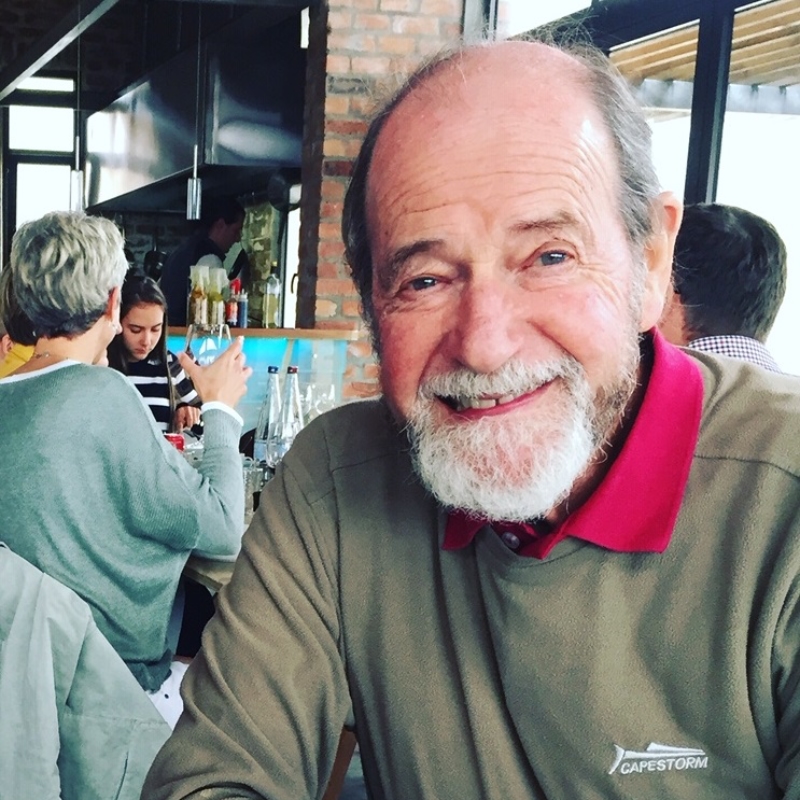
Andrew Smith
University of Cape Town, South Africa
Andrew B. Smith, Emeritus Professor, Archaeology, University of Cape Town. Ph.D. University of California, Berkeley, 1974. My research interests over the past 50 years beginning in the Saharan and Sahel Zones of West Africa, and later in southern Africa, have been on the origins of pastoralism in Africa, and the relations between hunters and herders.
Recent publication: Smith, A.B. 2017. Why would southern African hunters be reluctant food producers? Hunter-Gatherer Research 2 (4): 415-435.
Conference : Friday 7 June at 0900
Abstract : “Tracking Pastoralism through Africa”
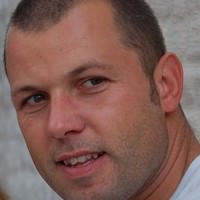
Koen Bostoen
Koen Bostoen is Professor of African Linguistics and Swahili at Ghent University and member of the UGent Centre for Bantu Studies. His research focuses on Bantu languages and interdisciplinary approaches to the African past. He obtained an ERC Starting Grant for the KongoKing project (2012–2016) and an ERC Consolidator’s Grant for the BantuFirst project (2018–2022). Apart from several research articles, he is the author of Des mots et des pots en bantou: une approche linguistique de l’histoire de la céramique en Afrique (2005, Peter Lang) and co-editor of Studies in African Comparative Linguistics, with Special Focus on Bantu and Mande (2005, RMCA), The Kongo Kingdom: The Origins, Dynamics and Cosmopolitan Culture of an African Polity (2018, Cambridge University Press), Une archéologie des provinces septentrionales du royaume Kongo (2018, Archaeopress) and The Bantu Languages, Second Edition (2019, Routledge).
Conference : Friday 7 June at 1350
Abstract : “The First Bantu Speakers South of the Equatorial Rainforest: Preliminary New Evidence from Historical Linguistics and Archaeology”
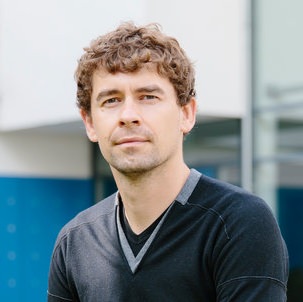
Johannes Krause
Max Planck Institute, Jena, Germany
Prof. Dr. Krause focuses on the analysis of ancient DNA to investigate such topics as pathogens from historic and prehistoric epidemics, human genetic history and human evolution. He has also contributed to deciphering Neanderthal genetics and the shared genetic heritage of Neanderthals and modern humans. In 2010, while working at the Max Planck Institute for Evolutionary Anthropology in Leipzig, he discovered the first genetic evidence of the Denisovans, an extinct hominin first discovered in Siberia. His recent work includes revealing the genetic heritage of ancient Egyptians, reconstructing the first Pleistocene African genomes, uncovering the source of the epidemic plague bacteria that periodically caused historic and prehistoric epidemics in Europe, and clarifying the complex history of Europe’s prehistoric mass migrations. Prof. Dr. Krause has more than 100 publications in peer-reviewed journals, including Nature, Science, Cell, Nature Reviews Genetics, PNAS, Nature Microbiology, Nature Communications, etc.
Conference : Thursday 6 June at 1710
Abstract : “Late Pleistocene North-African Genomes present deep genetic relationship with Near East and sub-Saharan Africa”

Hiba Babiker
Max Planck Institute, Jena, Germany
Hiba Babiker is a post-doctoral researcher, and her work focuses on human genetic diversity and patterns of migration inside Africa. Her research couples fieldwork with the collection of genealogical data and biological samples. Her research is currently dedicated to revealing the genetic structure and history of populations across the Bandiagara Escarpment in Central Eastern Mali and populations across South-West Burkina Faso using genome-wide data and uni-parental markers. She is also interested in using recent advancement in aDNA technology to explore past populations' settlements in the region before the Dogon expansion. She is working closely with linguists to generate paired linguistic-genetic data to understand modern-day linguistic and genetic diversity shaped by the demographic histories of the populations.
Conference : Friday 7 June at 1430
Abstract : “Genetics, bioarchaeology and archaeology tell a story of mobility, modes of subsistence and interactions in the Dogon Country (Mali)”
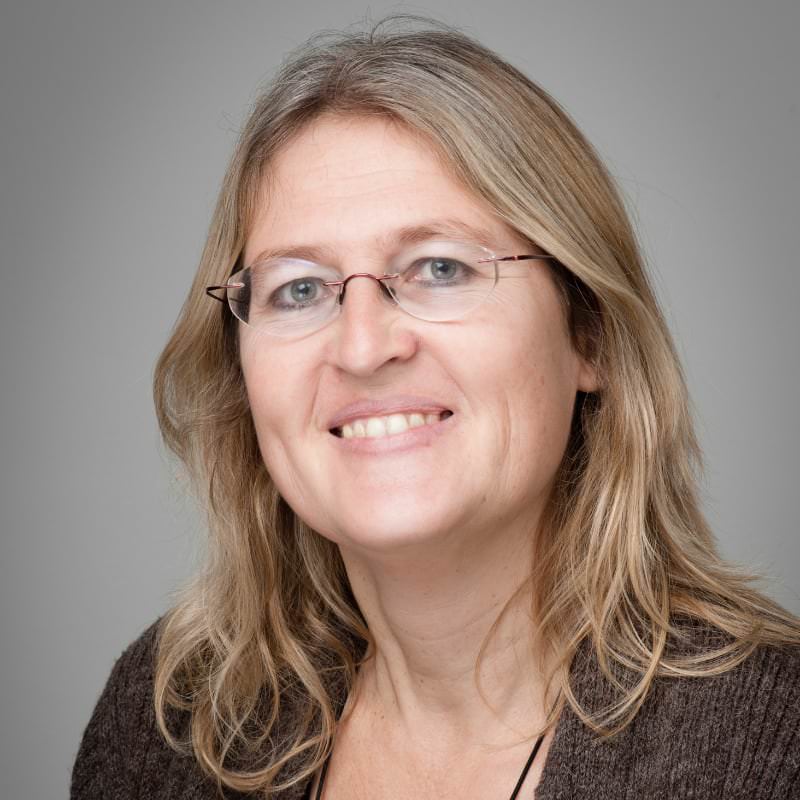
Anne Mayor
University of Geneva, Switzerland
Anne Mayor is interested in understanding the evolution of techniques, changes in foodways and the peopling history of complex societies in West Africa during the last three millennia. She explores the links between material cultures and identities in the present and the past, through ethno-archaeological and archaeological fieldwork. She is involved in various collaborations for laboratory analysis in the fields of archaeo-material studies (ceramics, iron, glass) and bio-archaeology (archaeo-zoology, archaeo-botany, biological anthropology. She is currently responsible for a research project which aims at understanding population relatedness, mobility patterns, diet variability, diseases and funerary practices in the Dogon Country (Mali), combining data from bio-anthropology, stable isotopes genetics, archaeology and ethnography.
Conference : Friday 7 June at 1430
Abstract : “Genetics, bioarchaeology and archaeology tell a story of mobility, modes of subsistence and interactions in the Dogon Country (Mali)”

Nonhlanhla Dlamini
University of Geneva, Switzerland
Dr. Nonhlanhla DLAMINI is a biological anthropologist, who obtained her PhD in 2014 from the University of Cape Town. Her interest in developing a more nuanced understanding of African history hopes to foster well-informed connections and comparisons about the many biologically and culturally diverse populations of sub-Saharan Africa. She uses biological tools, mainly stable isotopes and dental anthropology, to investigate and reconstruct past life ways of sub-Saharan Africans before contact. Currently a post-doctoral fellow at the University of Geneva, her present research focuses on diet variability and economy, diseases, population relatedness, and geographic origins and mobility of past societies in central Mali before and after the arrival of the Dogon.
Conference : Friday 7 June at 1430
Abstract : “Genetics, bioarchaeology and archaeology tell a story of mobility, modes of subsistence and interactions in the Dogon Country (Mali)”
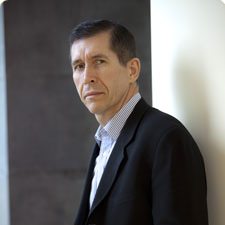
Scott MacEachern
Duke Kunshan University, Kunshan, China | @smaceachern2
Scott MacEachern is Professor of Archaeology and Anthropology at Duke Kunshan University. He has undertaken archaeological research in different parts of Africa since the early 1980s, especially around the Mandara Mountains of northern Cameroon and Nigeria. His primary research interests include state formation processes in Africa, the archaeological study of ethnicity and social boundaries, African cultural heritage management, and archaeogenetics. He is the author of Searching for Boko Haram: a history of violence in Central Africa and co-author of Komé – Kribi: rescue archaeology along the Chad-Cameroon Oil Pipeline, 1999-2004, has acted as co-editor on four edited volumes, and has written approximately 60 papers on different aspects of African prehistory.
Conference : Friday 7 June at 1620
Abstract : “Social and spatial scales in historical reconstructions: archaeology and genetics”
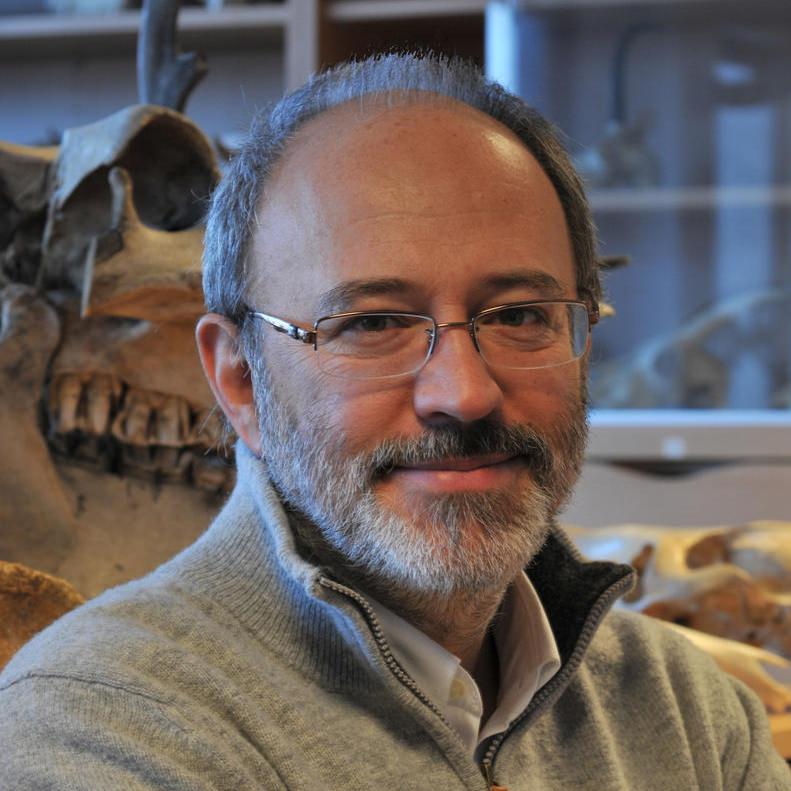
Francesco d’Errico
CNRS, Bordeaux, France & University of Bergen, Norway
Francesco d’Errico is Director of Research (Exceptional Class) at the Centre National de la Recherche Scientifique, attached to the University of Bordeaux, and Professor at the Centre for Early Sapiens Behaviour, University of Bergen. Most of d’Errico research has revolved around the questions of how and when we became humans, what mechanisms and factors have most contributed to this process and, in particular, when did cognitive abilities and cultures comparable to ours have emerged in our lineage. He has explored these topics by discovering and analysing the earliest examples of symbolic material culture in Africa, Europe, the Near East and China. the process of Neandertal extinction, and the impact of climate change on Palaeolithic populations.
Conference : Thursday 6 June at 1000
Abstract : “Middle Stone Age symbolic material culture and its significance”

Mary Prendergast
Saint Louis University of Madrid, Spain | @prendydigs
Dr. Prendergast is an archaeologist interested in the history of food and eating, and in the past lifeways of hunter-gatherer-fishers and the earliest livestock herders in sub-Saharan Africa. She co-directs a field project, in collaboration with the National Museum of Tanzania, that examines social changes associated with the emergence of food production in eastern Africa. She also co-directs a project that explores past demographic changes in sub-Saharan Africa through the analysis of human ancient DNA, in collaboration with the Reich Laboratory at Harvard Medical School. She has used zooarchaeology to pursue diverse questions about ancient environments, diets, and human and animal movements in China, Kenya, Tanzania, and Madagascar. She is currently the Chair of the Division of Humanities at Saint Louis University’s Madrid campus.
Conference : Friday 7 June at 1540
Abstract : “From sampling to interpretation to communication: challenges of ancient DNA research in Africa”
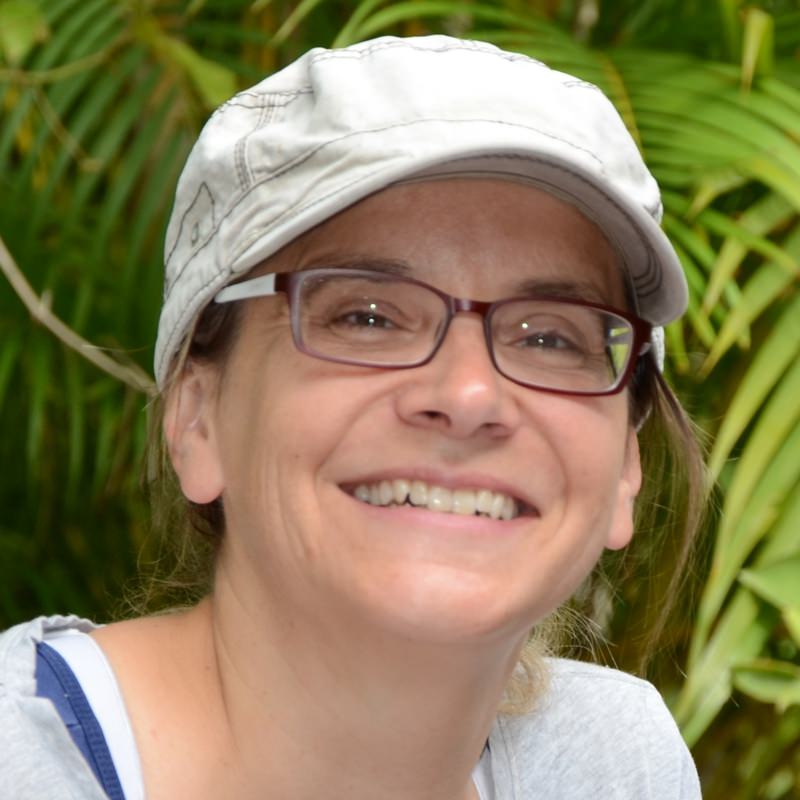
Alexa Höhn
Goethe-Universität Frankfurt, Germany
Alexa Höhn is member of the African Archaeobotany research group at the Institute for Archaeological Sciences at Goethe University, Frankfurt. The group focuses its research on the origin and development of African plant food production and on Late Quaternary vegetation history in West and Central African as related to climate and human impact.
Conference : Friday 7 June at 0940
Abstract : “Emergence and expansion of pearl millet cultivation in West and Central Africa – the archaeobotanical evidence”
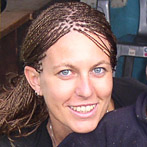
Alessia Ranciaro
University of Pennsylvania, USA
Alessia Ranciaro is a senior research scientist in Dr. Sarah Tishkoff’s laboratory at the Department of Genetics - University of Pennsylvania (USA). Alessia received her undergraduate degree in Biology with focus on physical anthropology in Rome, from Universita’ La Sapienza. She then, completed her PhD under the supervision of Prof. Guido Barbujani (University or Ferrara, Italy) and Dr. Sarah Tishkoff, at that time, at University of Maryland (USA). Her thesis project investigated "The Genetic Basis of Lactase Persistence in Africa". She combines field work in Africa with laboratory work and data analysis to address fundamental questions about modern human evolutionary history and the genetic architecture of traits related to adaptation and disease risk in Africa.
Conference : Friday 7 June at 1210
Abstract : “Human Adaptation in Africa”







